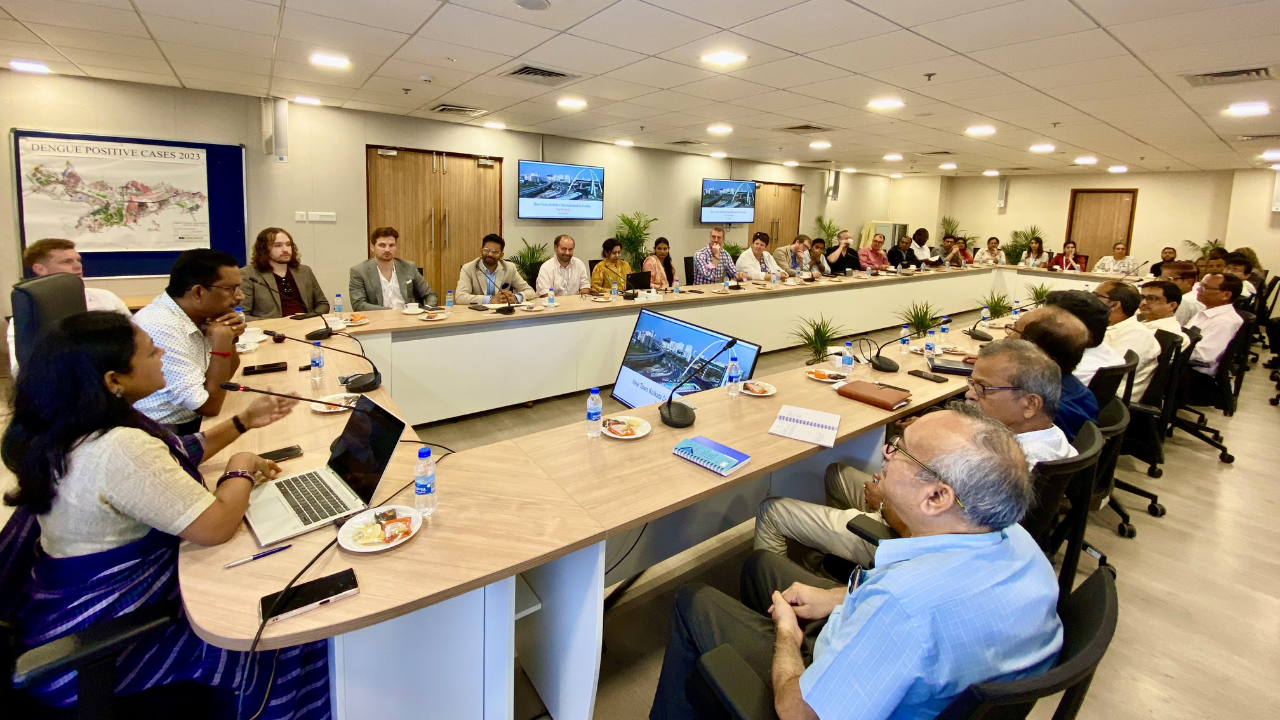With the continuous penetration and integration of Internet and logistics services, our country has officially entered the era of intelligent logistics services from the era of traditional logistics services. Intelligent logistics is a logistics service system with efficient operation. Through the integration of big data, the Internet, the Internet of Things, intelligent hardware and software and other new era technological means, the information of each link of the entire logistics system can be managed visually, managed in real time, and managed informationally. As an intelligent logistics expert at the forefront of logistics services in our country, Ms. FEI Chunke has conducted market analysis and studies on building international logistics service systems. We recently had the honor of interviewing Ms. FEI Chunke. Let’s take a look at their understanding and research on the intelligent transformation of international logistics.
Q: What do you think will happen with the Internet penetration of international logistics trade?
FEI Chunke: The international market is an extension of the domestic market, and is an important support for the new development pattern, in which the domestic cycle is the main part, and the domestic and foreign dual cycles are mutually beneficial. Faced with the challenges of international trade, the support and guarantee function of the international logistics organization’s end-service system is becoming more and more obvious. At the same time, with the penetration of the Internet, the transformation management of international logistics informatization, technology and data is becoming more and more realistic, and will eventually achieve better integration of international trade.
Q: What are your main research topics related to international logistics information?
FEI Chunke: The international market is an important support for the new development pattern of mutually beneficial domestic and foreign dual cycles. While large state capital has an advantage in the field of sea, land and air transportation, most of them have the characteristics of “large industry but small subject” in the field of overseas warehousing, after-sales service and other terminal services. And the construction of the network and end service system is insufficient. Therefore, I consider international market analyzes and the development of countermeasures to be very important, which is also the focus of my research.
Q: After the comparative analysis of domestic and foreign logistics industry chains, what conclusions do you draw from the market analysis of the international logistics trade market?
FEI Chunke: The international logistics chain mainly includes domestic market, domestic customs, cross-border air, sea and rail transportation, destination customs, overseas warehousing, terminal distribution service and after-sales service. The international logistics end service system mentioned in this topic mainly includes overseas warehousing, after-sales service and sales service of end customers in the market. The market analysis includes three aspects: the first is the demand area for overseas storage and the total investment amount; The second is the annual turnover of the warehouse rental market; The third is the size of the after-sales service market based on warehousing.
Using data from mwpvl, a US logistics consultancy, I calculated the total demand for Chinese overseas warehouses to be about 354 million square meters based on Amazon’s sales per square meter. The total area of newly built Chinese overseas warehouses is considered to be one-third, or about 120 million square meters. It is estimated that the overseas warehouse investment (construction + equipment) is about 600 billion yuan based on 5000 yuan/sq.m. The leasing and cooperative operation area takes into account the overseas storage area achieved through leasing or cooperative operation, and the conversion is carried out at a rate of 1,000 yuan/square meter. The total investment is about 120 billion yuan. The total investment is about 720 billion yuan. If the market-leading company accounts for 30% and the investment period is 6 years, the required investment is about 36 billion yuan/year.
Q: According to your analysis of the international logistics trade market, what are your development countermeasures for the intelligent transformation of international logistics and building an international logistics service system?
With the development of economic globalization, I am deeply aware of the irreplaceability of the international trade terminal service system. After in-depth analysis of the international trade market, I have developed four countermeasures for development: 1. Build an international community of interest; 2. Combination of heavy and heavy assets; 3. Connectivity and operational efficiency are key; 4. Improving the effectiveness of the logistic system.
The most effective way to reduce investment risk is to encourage close collaboration between state capital, private capital and international capital, with a focus on the market and operations. Cooperation with leading private e-commerce companies and manufacturing companies can effectively reduce operational risks, ensure the overseas warehouse service system through an effective operational platform, and build stable core partners, forming an integrative international logistics system. By combining light and heavy assets such as purchase, new construction, rental and cooperation, as well as the development of regional centers and secondary hubs, we can occupy the market quickly. The use of information technology to build a global network can greatly improve operational efficiency and achieve the “door-to-door” improvement of the international logistics terminal service system. After all, the next decade is the transition period for international logistics companies. We can guarantee the sustainable and stable development of the international logistics system by controlling the key links and strengthening the integration of the industrial chain. (Author/LU Yao)




























